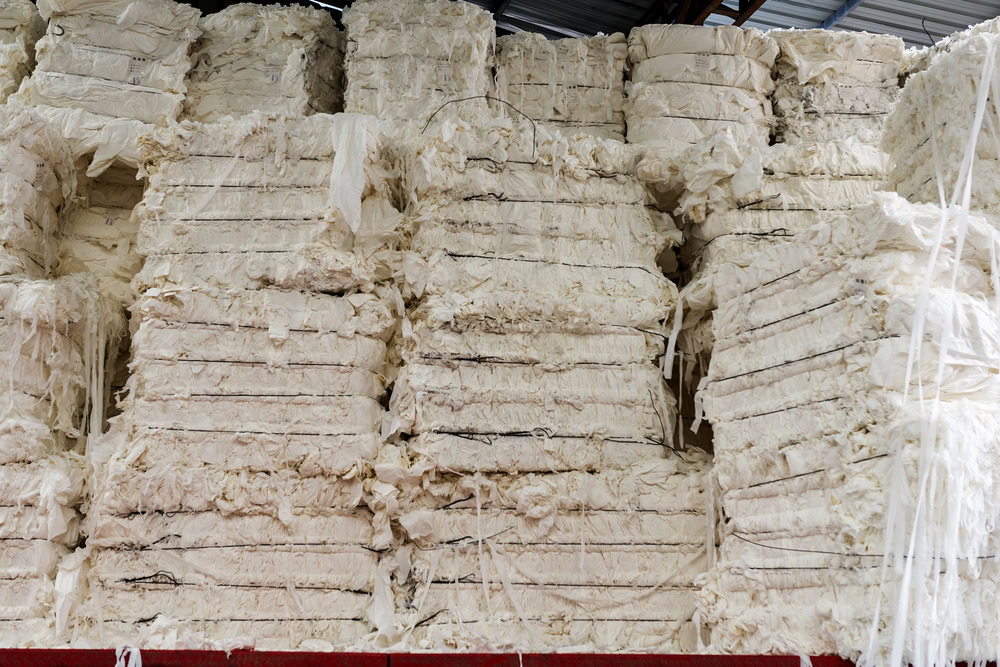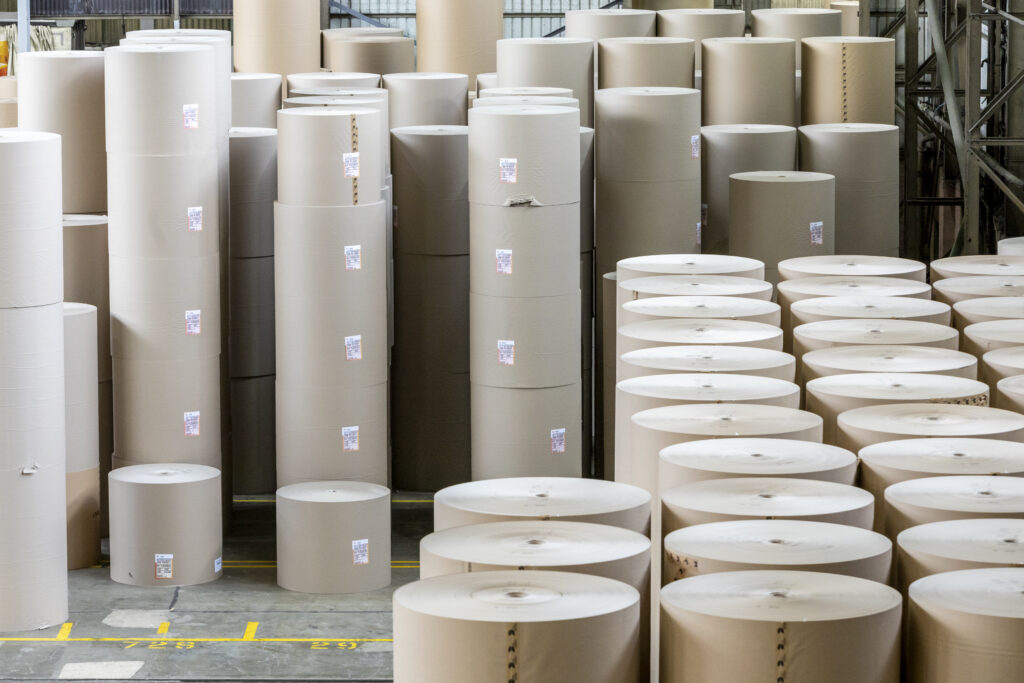On 9 October 2025, the General Administration of Customs (GACC) announced that importers must now declare whether recycled pulp was produced using a dry or wet method.
Recycled wet pulp is processed when waste paper is disintegrated, cleaned and beaten, and then mechanically dewatered into blocks.
Dry-milled pulp, however, is produced by crushing waste paper into fragments and then compressing it into bales. Compared with conventional pulping, this method lacks the same purification, disinfection and sterilisation process.
The measure, aimed at curbing contamination, follows Chinese authorities’ concerns that the dry-milling process is being used to disguise imported waste as pulp.
Since 2021, there have been multiple nationwide cases in which customs inspections detected suspected solid waste being imported as “recycled pulp”, leading to the shipments being returned.
China’s ban on paper imports
Since China’s 2021 ban on all solid waste imports – which halted shipments of mixed papers and plastics – Southeast Asia has become a crucial intermediary for UK recovered paper.
Before the ban, around 60% of UK recovered paper was exported directly to China. Since then, conversion mills in Malaysia and Thailand have processed the fibre into recycled pulp for Chinese buyers.
According to the Bureau of International Recycling (BIR), Malaysia and Thailand together shipped over 2.6 million tonnes of recycled pulp into China in the first eight months of 2024.
The new declaration rules are now expected to disrupt that flow, particularly for materials identified as “dry” pulp.
Industry sources suggest imports from Southeast Asia could face significant delays, or outright rejections, reducing demand for UK-origin fibre.
Shipments further delayed
The rule change comes immediately after China’s Golden Week holiday (1–8 October 2025), when factories, ports and customs offices operate at reduced capacity.
The timing has compounded congestion and administrative backlogs, with traders warning that additional paperwork requirements could further delay shipments and increase inspection burdens.
UK paper market
UK exporters of recovered fibre are preparing for a potential downturn in orders from Southeast Asian pulp producers.
While September 2025 saw relatively stable prices in the paper market – following a dip in August – there were reports that low pulp values and increased competition from North American and Nordic material continue to apply pressure.
Pulp prices have almost halved compared to last year, which continues to have an effect across the industry.
Find out more about paper prices in our market report for September 2025.








Subscribe for free